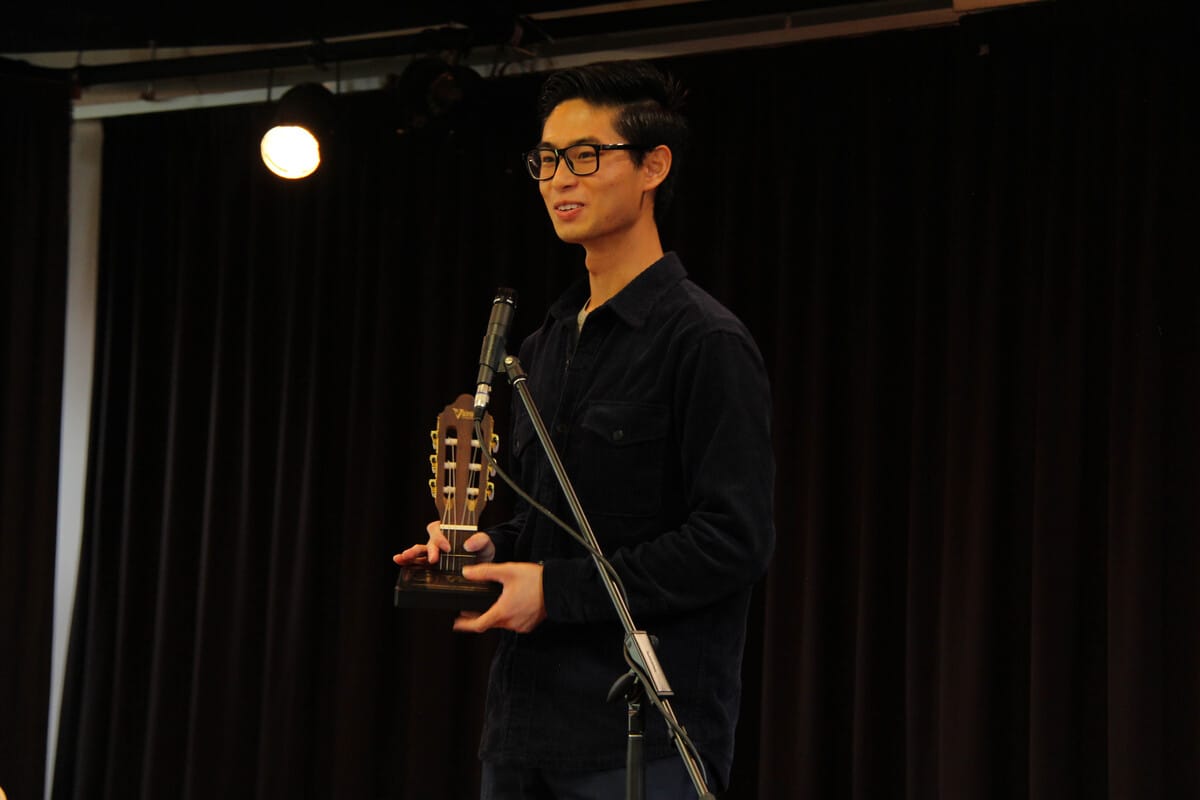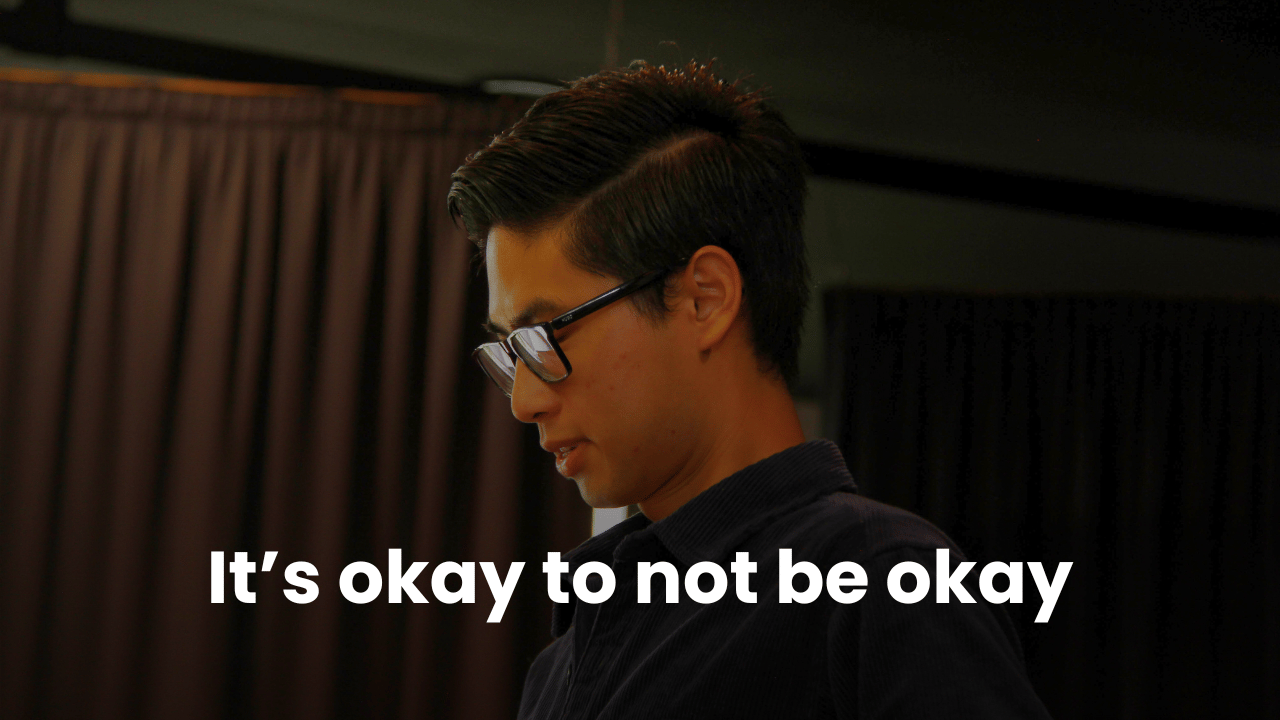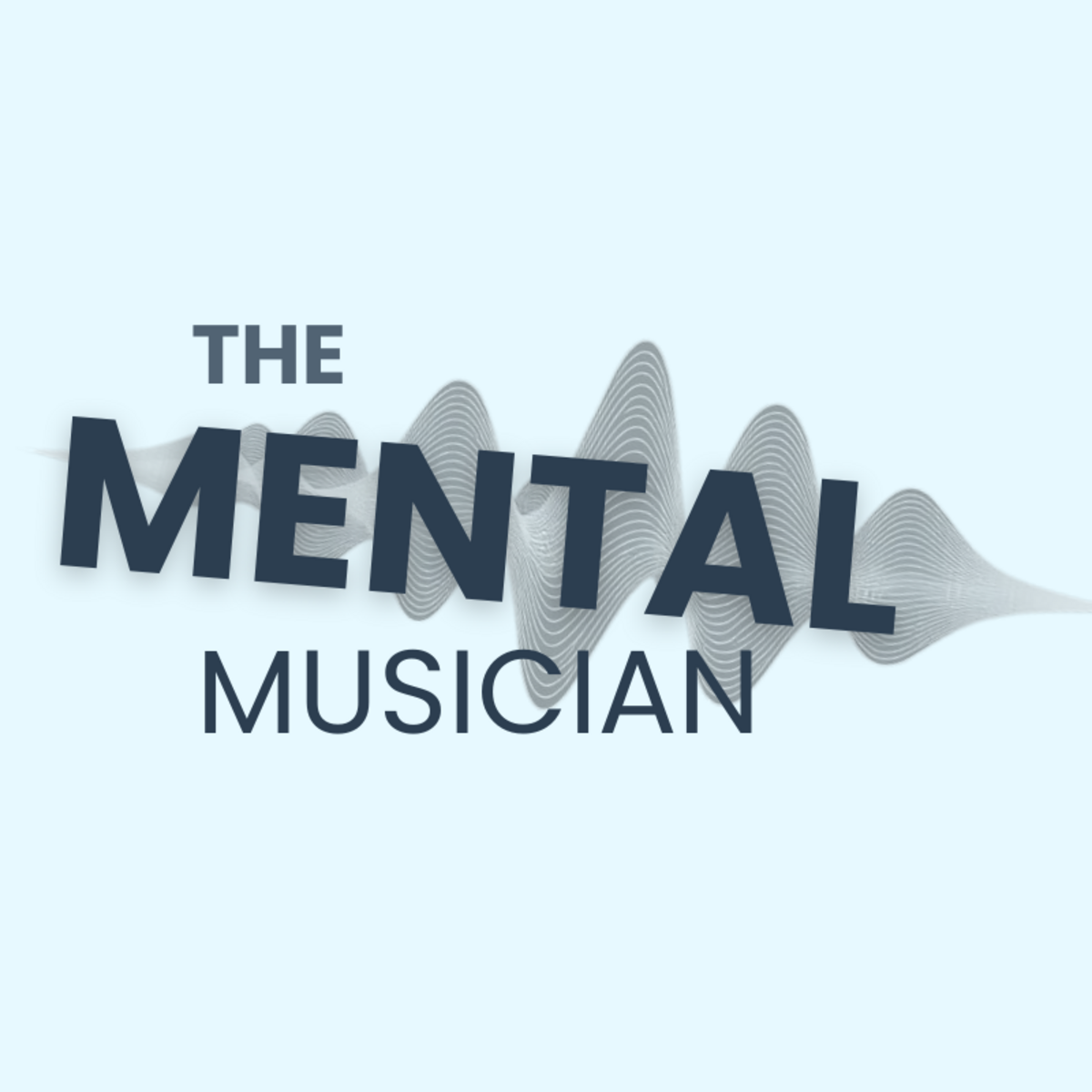The Weight of a Bad Day
I want you to take a moment and think back.
When was the last time you had a really good day?
Now, when was the last time you had a bad day?
For me, the memory of my last bad day stands out much more clearly than a good one. It always seems to linger a bit longer.
So what would a bad day look like for me?
It’s the kind of day where I wake up two hours late, missing my alarm, where breakfast is forgotten, and most of my plans for the day fall apart. On those days, exercise and writing – the two things that ground me – don’t happen.
And maybe, on top of that, I argue with my girlfriend, lose a few clients, or make a mistake at work. Small things, really, but they start to pile up. Things that, in hindsight, shouldn’t weigh as heavily as they do.
But I’ve struggled with perfectionism for most of my life, and even small disruptions can feel enormous.
When I was younger, life was more carefree.
Every day felt like an adventure, filled with fun. School wasn’t just about homework; it was about laughter, pranks, and spending time with my friends. I wasn’t reckless, but my best memories were those moments of joy with classmates, not the hours spent studying.
That shifted when I finished high school. I put together a long list of goals, expecting myself to hit them every single day, no matter what. It was a challenge I thought I could handle.
The list looked something like this:
Learn something new every day.
Run 5km and exercise daily.
Make a positive impact on someone’s life.
Read a new book every week.
Post a new YouTube video every week.
It didn’t matter how tired I was or what happened during the day. If I didn’t hit those goals, I considered myself a failure. I made this list at 17, and by the time I was 26, I realized just how impossibly high the bar was.
I know I’m not alone in this. Plenty of people set high expectations for themselves. Some of the most successful people do it. And it’s true—big goals lead to big achievements. But I made one crucial mistake that I didn’t address until I had my first panic attack at 22.
For five years, I pushed myself every single day. If I missed a goal, I would punish myself by doubling it the next day. If I skipped a run, I’d force myself to run twice the distance the next morning. If I overslept, I’d set the alarm an hour earlier.
What I didn’t realize was that I was slowly wearing myself down. It was like carrying a backpack full of bricks and adding a few more every day. Eventually, you can’t take another step.
That step came on June 6, 2021.
My First Panic Attack - June 6th 2021.
I was at home, and out of nowhere, I crumpled to the floor, crying uncontrollably. It felt like a volcano had erupted inside me, and everything I had been holding together came crashing down.
For years, I thought I could push through. I thought if I just worked harder, I’d reach the goals I set for myself. But on that day, I couldn’t ignore it any longer—something was seriously wrong.
At first, I felt ashamed. I had to tell my family, my friends, and my clients that I couldn’t work. I had to stay home, rest, and do nothing. For someone who defined themselves by their work ethic, that was a tough pill to swallow. Once the work stopped, I felt lost, as if I had nothing left to give. The more I fought against that feeling, the worse it became.
That’s when I realized I wasn’t just hurting my body, I was hurting my mind. I was spiraling deeper into anxiety and depression with every push to keep going.
The Conversation That Changed My Life
It wasn’t until I went to see my doctor that things started to change.
This was someone who had known me since I was 14, so she understood me well. Desperate for a quick fix, I asked her if there was any medication or treatment that could speed up my recovery. I told her I couldn’t afford to stay still for too long.
She didn’t answer right away. Instead, she asked me how much sleep I was getting.
I paused. "Maybe three to four hours a night… sometimes five."
She nodded and then asked how long that had been going on.
I thought for a moment. "Probably about five years," I said.
There was a brief silence between us, and I knew something significant was coming.
"Brian," she said, her voice gentle but firm, "you’ve been running on empty for years. Your body’s been trying to rest, but your mind won’t let it. That’s why you had a panic attack. It’s not just exhaustion, it’s years of pushing past your limits."
Her words hit me like a tidal wave, but they were exactly what I needed to hear.
For the first time, I understood that I hadn’t been weak. I had been ignoring my body’s signals for far too long, and now they were too loud to dismiss. I wasn’t failing because I needed rest. I was failing because I hadn’t allowed myself to rest.
Then she said something that changed everything:
"It’s okay not to be okay."
It’s Okay To Not Be Okay
That phrase. "It’s okay not to be okay." It stayed with me.
For so long, I had convinced myself that I had to prove my worth. That I had to work harder than anyone else, and especially as a musician, I had to fight even harder to show I was capable. But that day, something clicked.
I wasn’t weak for needing rest. I wasn’t a failure for taking a step back.
That simple permission to not be okay felt like the release of a weight I had carried for years.
I still deal with anxiety, depression, and burnout. I’m not "cured," and I don’t expect to be. But now, when I feel myself slipping towards that breaking point, I stop. I sleep. I spend time with friends. I eat properly.
It's not always easy. There’s still a voice in my head that tells me I’m falling behind. But I’ve learned that rest is not the enemy.
One day of rest can give me back 100 days of life.
And that’s a lesson I’m still learning, but one I’ll carry with me forever.
My message to anyone doing it tough
I want people to know that chasing dreams, setting big goals, and having outrageous visions make life the most alive.
It’s cliché to say, but we only get one chance to live in this universe, and we have to make the most of it.
That being said, we are human, not robots; we have our limitations, and sometimes you need to take a step back to take two steps forward. Sometimes the best thing for your career, for your family and most importantly yourself is to rest, especially when every fibre of your body is telling you that something is not right.
Times have changed, attitudes have changed, people have changed.
If you’re someone who isn’t well physically or mentally, not only does taking a break and admitting that you’re not okay do wonders for you, but it also sets an example for everyone else.
Thanks for reading!
Stay up-to-date with AI
The Rundown is the most trusted AI newsletter in the world, with 1,000,000+ readers and exclusive interviews with AI leaders like Mark Zuckerberg, Demis Hassibis, Mustafa Suleyman, and more.
Their expert research team spends all day learning what’s new in AI and talking with industry experts, then distills the most important developments into one free email every morning.
Plus, complete the quiz after signing up and they’ll recommend the best AI tools, guides, and courses – tailored to your needs.




